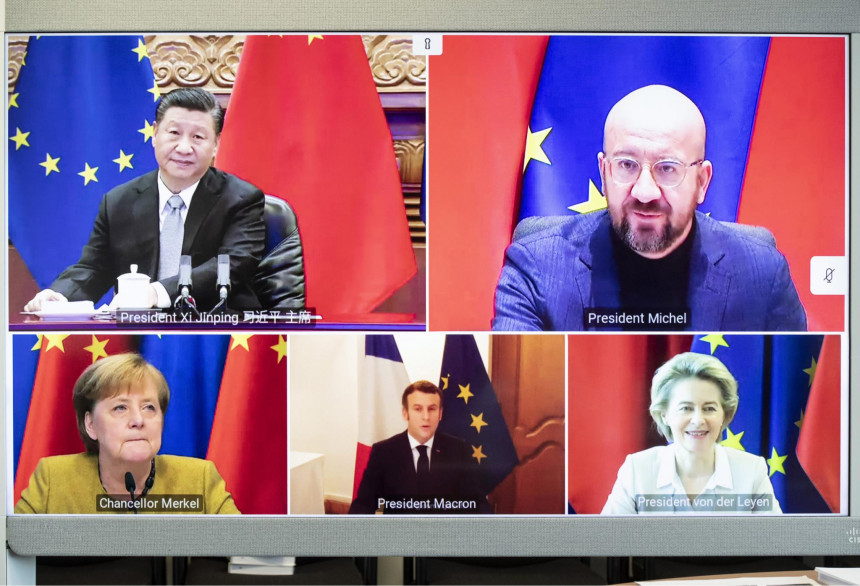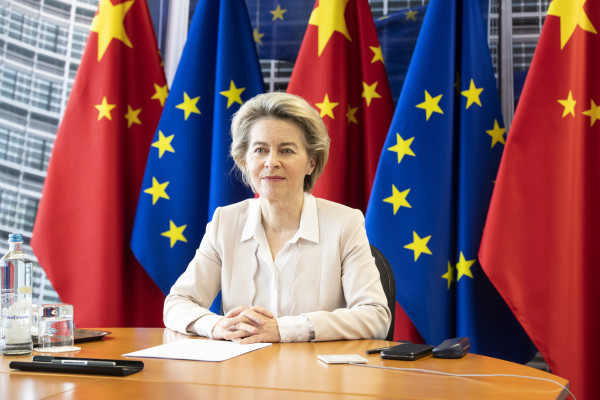The long-term interests of the European Union and China coincide

On 30 December last year, at a time when most people were looking forward to the New Year in the face of Covid constraints and were not interested in foreign policy, it was announced that the EU and China had agreed to negotiate a Comprehensive Agreement on Investment between the EU and China. The agreement was finalized after a video conference between Chinese President Xi Jinping, European Commission President Ursula von der Leyen, European Council President Charles Michel, German Chancellor Angela Merkel representing the EU Council Presidency, and French President Emmanuel Macron.
The main aim of the agreement was to balance EU-China trade relations, as there was a disproportion in attracting investment. The EU has always been much more open to foreign investment, including from China, than China from EU companies.
China has pledged to ensure fairer treatment and greater market access for EU investors than before. China also agreed with the EU's policy on important provisions for sustainable development, both in terms of climate change and forced labor. China has committed itself to ratifying the relevant International Labor Organization (ILO) fundamental Conventions.
Valdis Dombrovskis, Executive Vice-President and Commissioner for Trade, highly regarded the agreement reached: “This deal will give European businesses a major boost in one of the world's biggest and fastest growing markets, helping them to operate and compete in China. It also anchors our values-based trade agenda with one of our largest trading partners. We have secured binding commitments on the environment, climate change and combatting forced labour. We will engage closely with China to ensure that all commitments are honoured fully."
In truth, only the first step in the process of adopting the agreement was taken on 30 December, as the signing, ratification, and other issues of the agreement are still ahead.

The effort to reach an agreement as soon as possible was also motivated by the fact that the EU's and China's global interests in economic cooperation now coincide. The US-China economic relations grew tenser during the administration of US President Donald Trump. The US is currently undergoing a change of presidential administration, so it was in China's interest to reach an agreement with the EU before Joe Biden took over the presidency. As the EU plays as important a role in China's foreign trade as the United States, the rapprochement between the EU and China could offset the deterioration in US-China trade relations, while strengthening China's position in the forthcoming US-China trade talks. In turn, the EU and the large EU Member States have quite similar interests. The policy towards the EU by the administration of US President Donald Trump has sometimes been unfair, challenging, and unacceptable, even though the EU has always been a major ally of the United States in the values of Western civilization. Consequently, the EU's rapid rapprochement with China is a clear signal to Joe Biden's administration that the EU expects not a simple abandonment of Donald Trump's sharpness, but a restoration of fairness and equality, balancing US and EU interests. The future US administration will have to take into account not only the US but also European interests, as the alternative is the EU's economic rapprochement with China.
